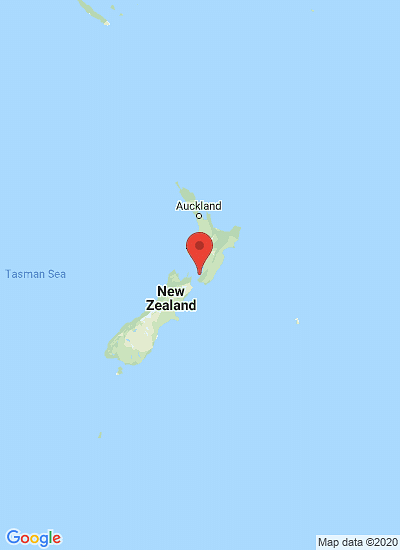Potato yields in Southland, New Zealand, could be down next year if the crops do not get some much-needed rain, even after the past few days of wet weather.
Pyper's Produce co-owner Brendan Hamilton said this week's rain could not have come at a better time and would have put a smile on a few farmers' faces, but yields next year would still be down about 15 per cent. Carrot crops would also be affected.
"Last year we had a good crop. This year with the drought it is looking to be poorer yields. We had a 5-degree frost about four weeks ago that didn't help,"he said.
While the rain would help some of the later crops "bulk up", November had been a lot warmer than usual and the dry spell during the growing season would affect earlier plantings. Potatoes and carrots had a high water percentage, he said, and needed moisture to grow well.
Mr Hamilton said Southland planting began in September and finished in December, with the first potatoes ready to be harvested in late January.
Growers would again be monitoring for the tomato potato psyllid, a harmful pest that cost the industry millions in 2008 when it was discovered in North Island crops. The pest wiped out 70 per cent of crops in some cases.
Pyper's Produce co-owner Brendan Hamilton said this week's rain could not have come at a better time and would have put a smile on a few farmers' faces, but yields next year would still be down about 15 per cent. Carrot crops would also be affected.
"Last year we had a good crop. This year with the drought it is looking to be poorer yields. We had a 5-degree frost about four weeks ago that didn't help,"he said.
While the rain would help some of the later crops "bulk up", November had been a lot warmer than usual and the dry spell during the growing season would affect earlier plantings. Potatoes and carrots had a high water percentage, he said, and needed moisture to grow well.
Mr Hamilton said Southland planting began in September and finished in December, with the first potatoes ready to be harvested in late January.
Growers would again be monitoring for the tomato potato psyllid, a harmful pest that cost the industry millions in 2008 when it was discovered in North Island crops. The pest wiped out 70 per cent of crops in some cases.













